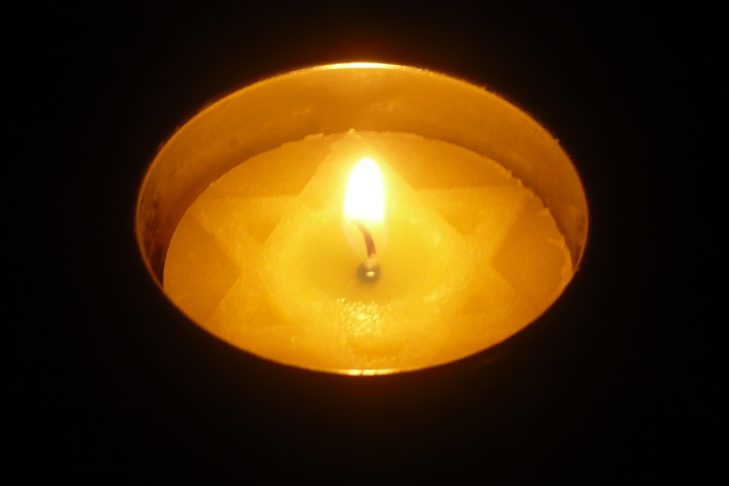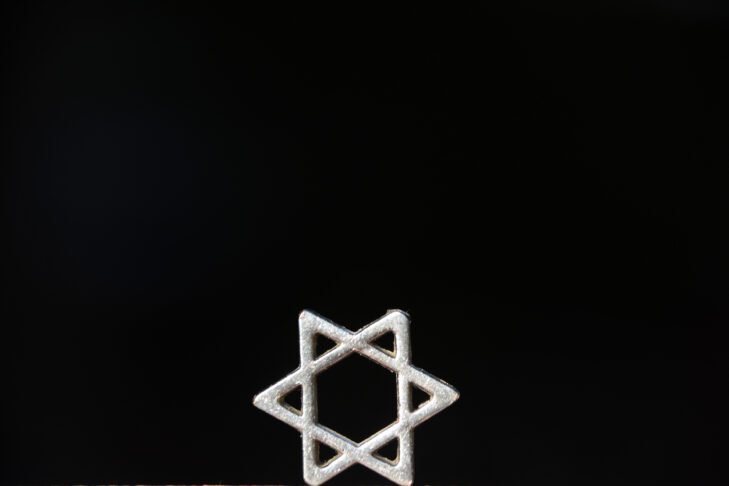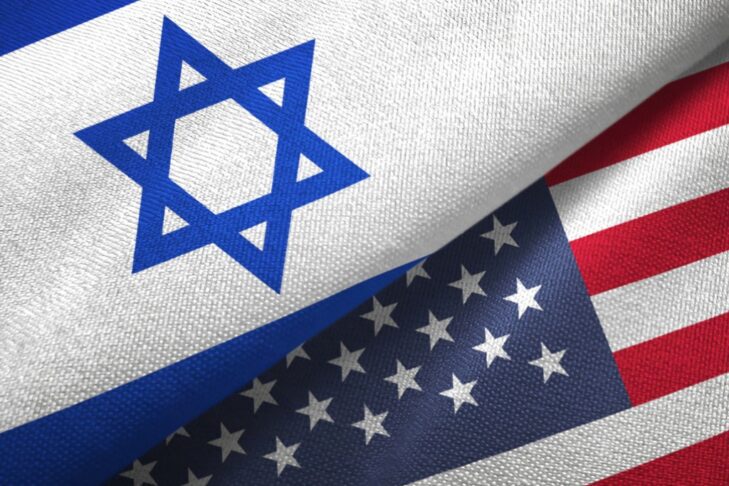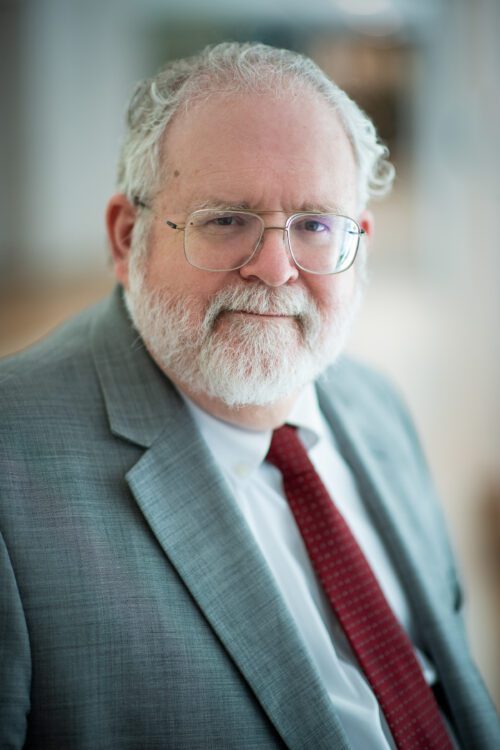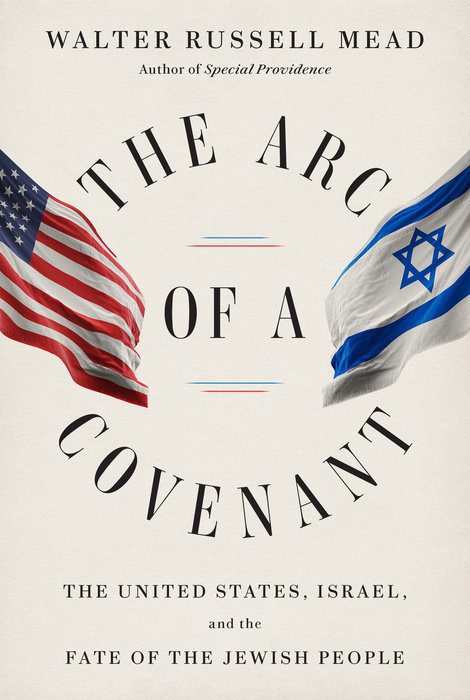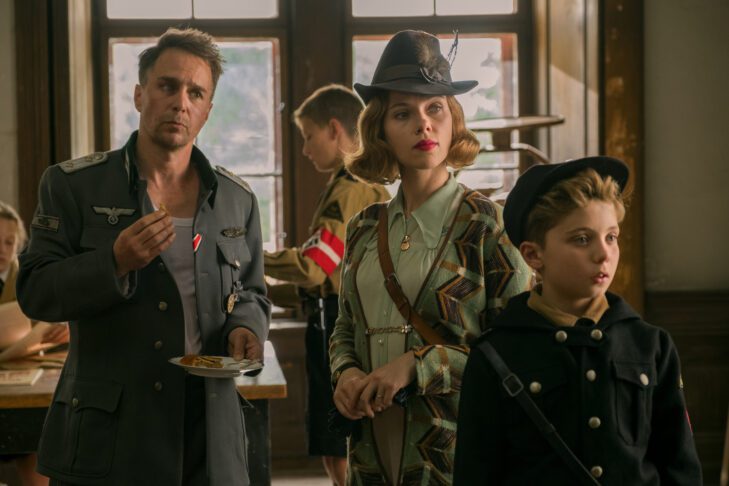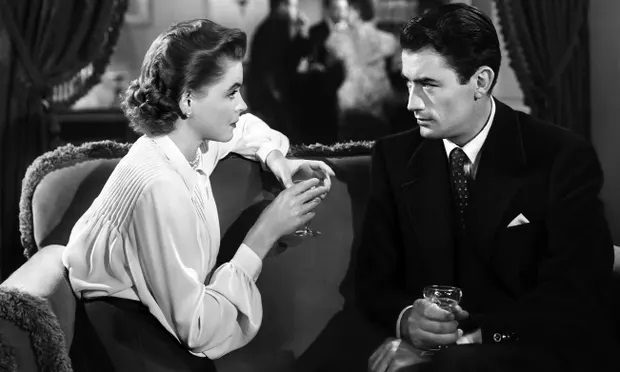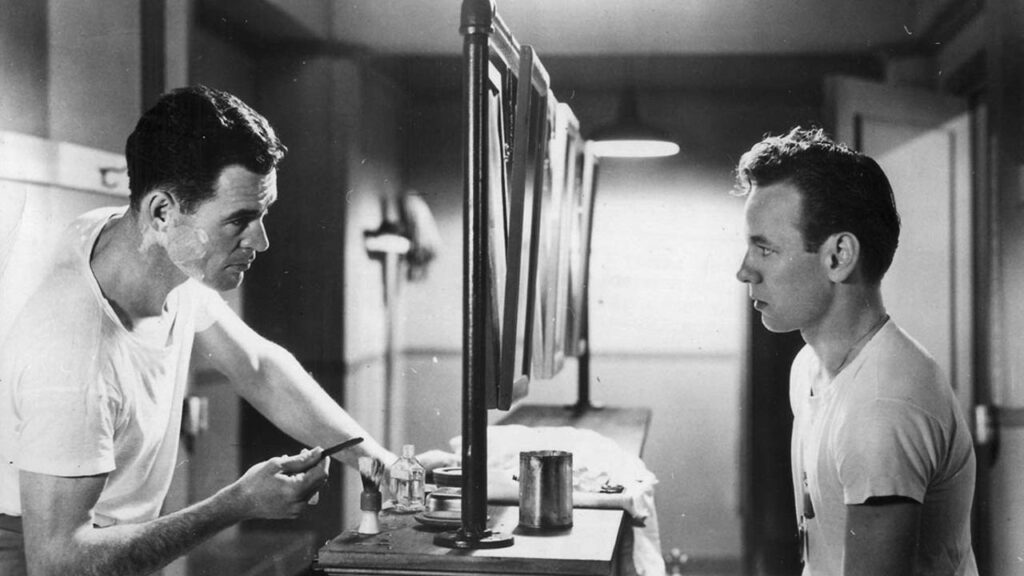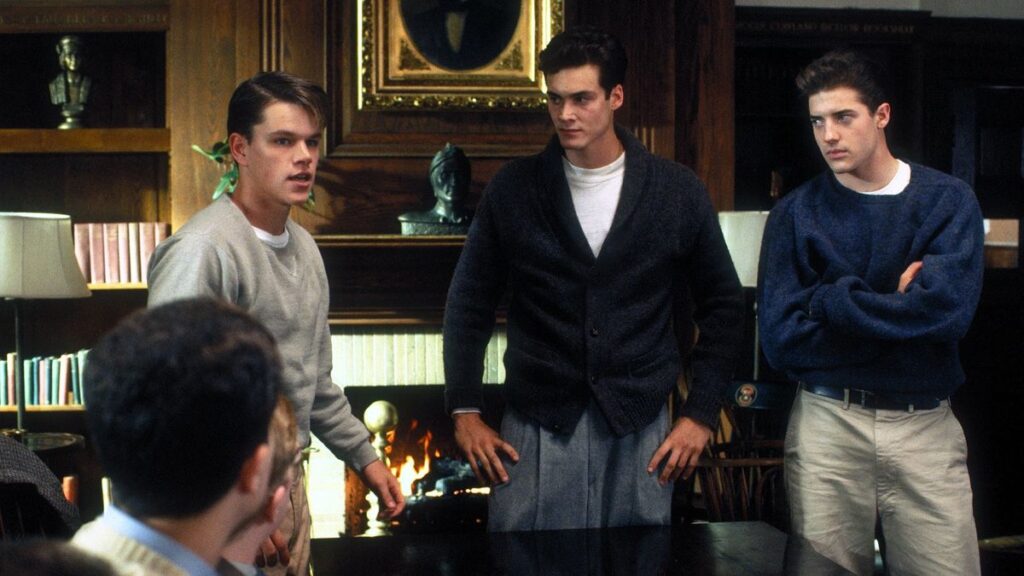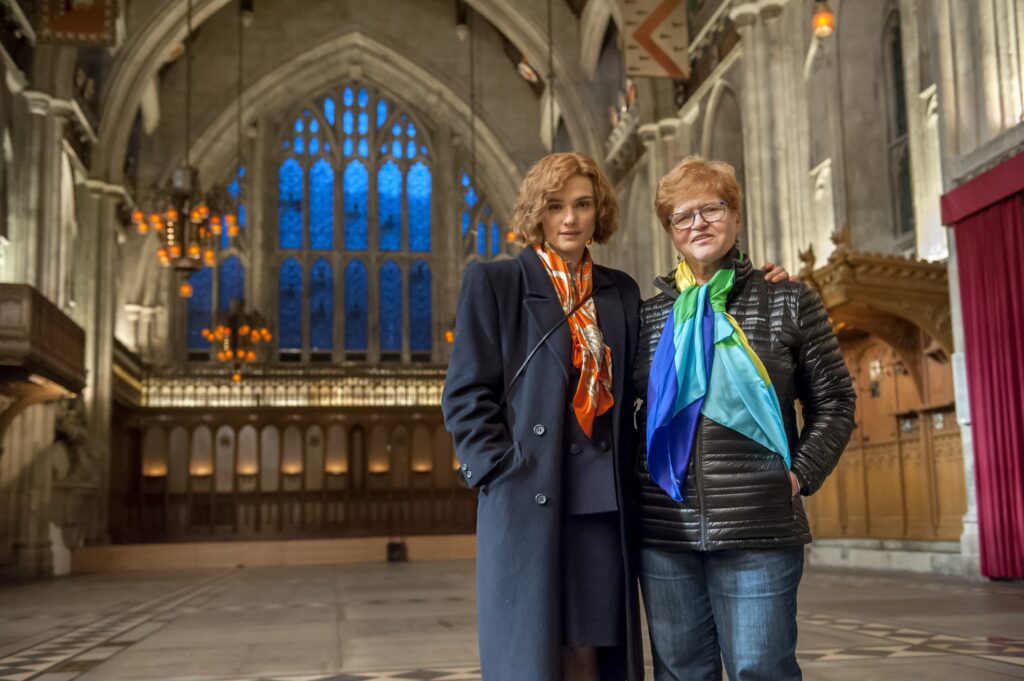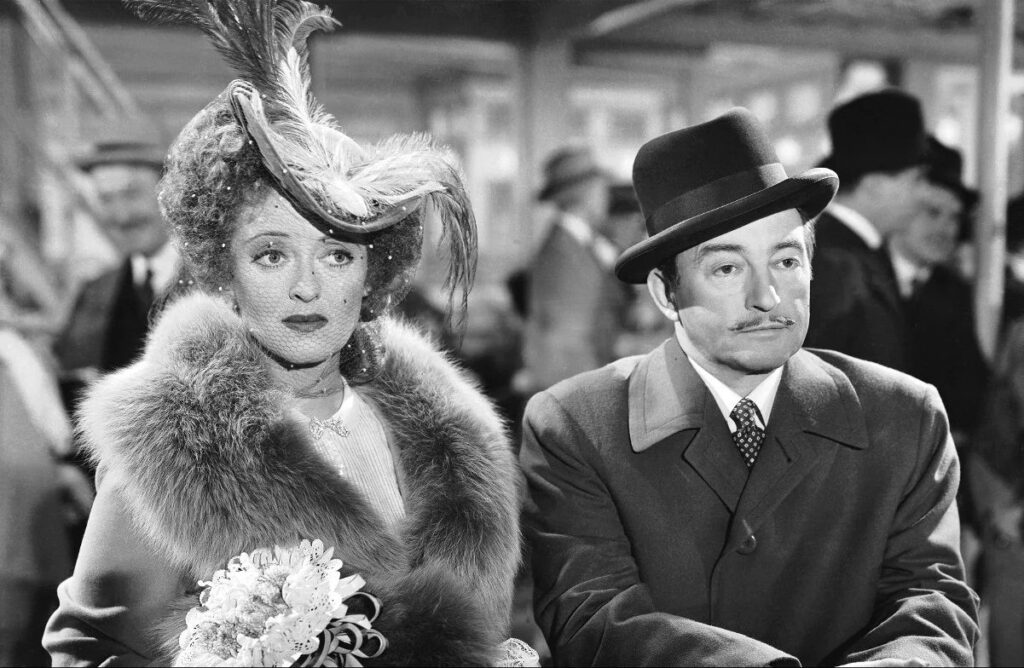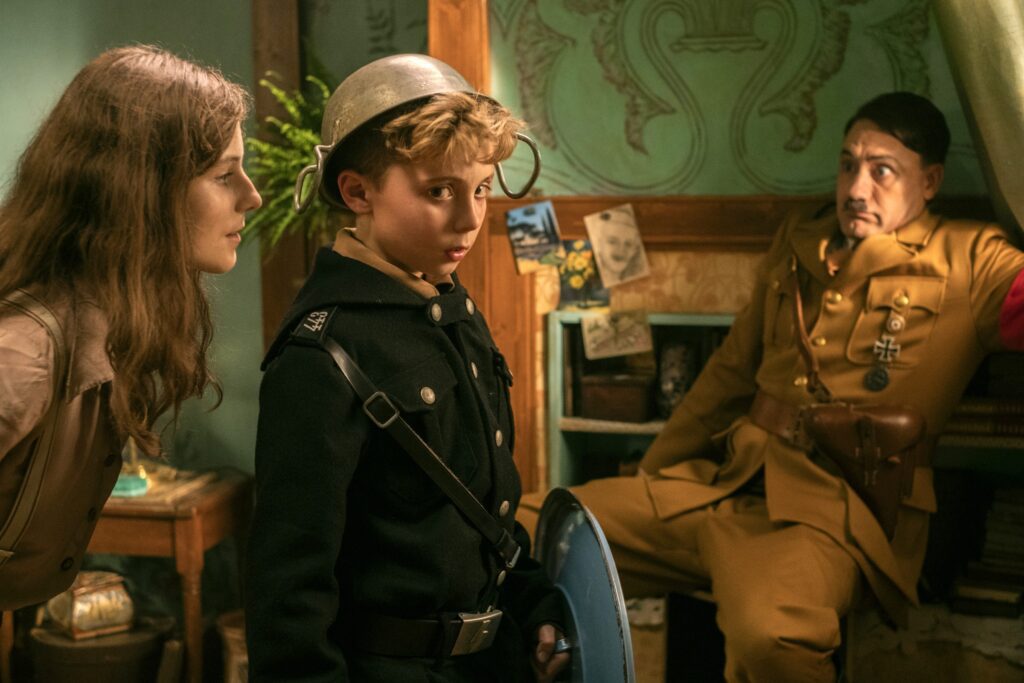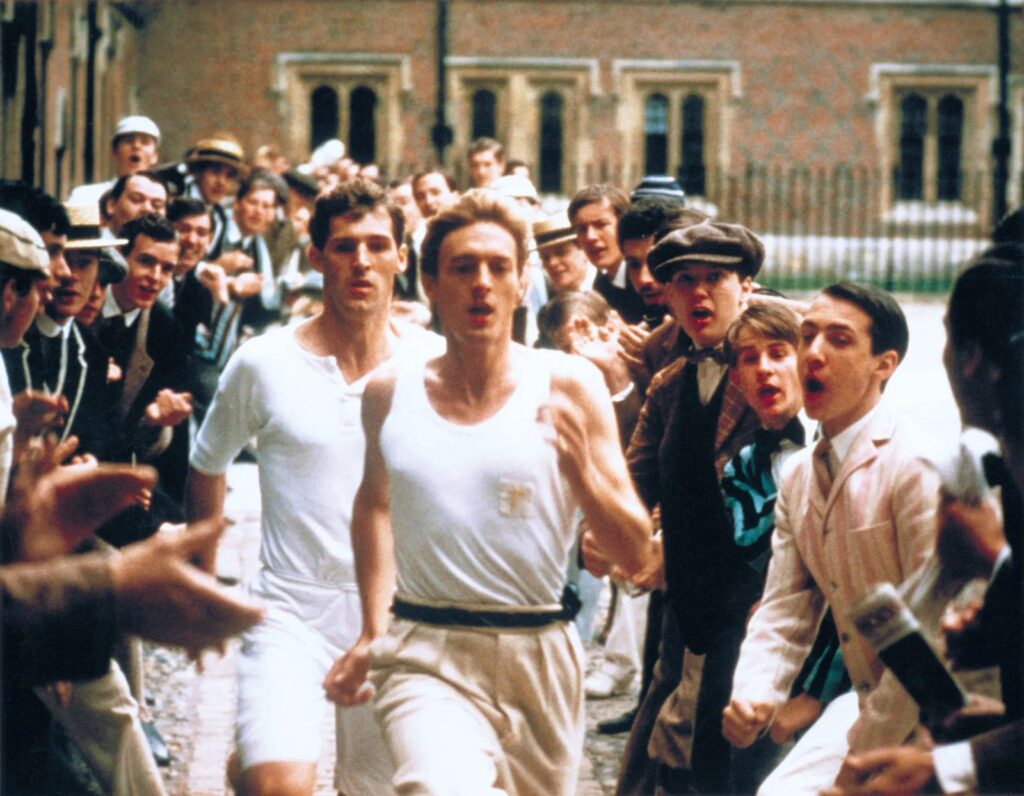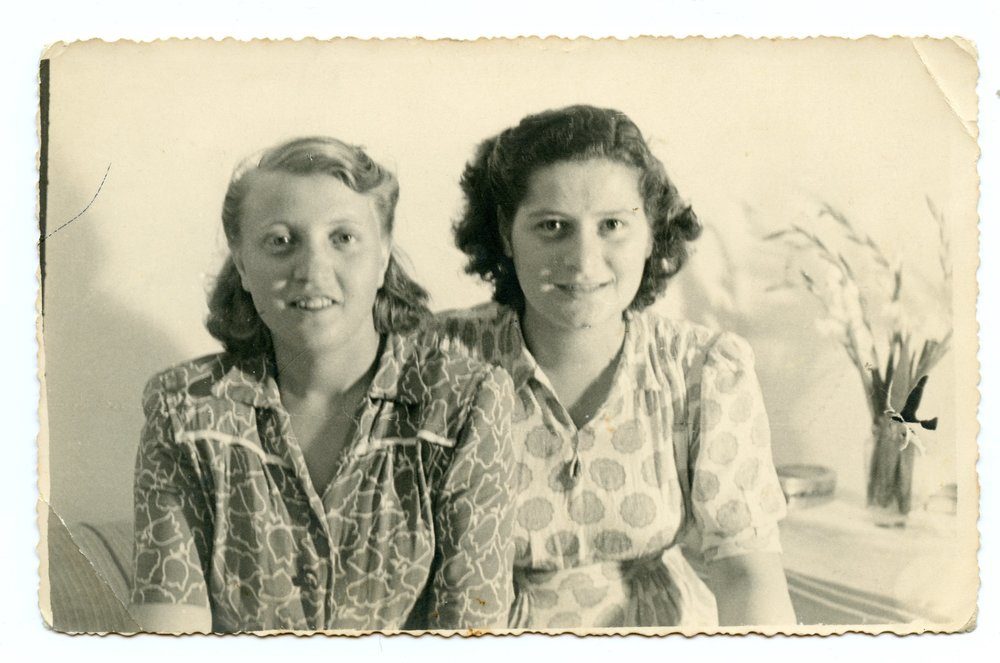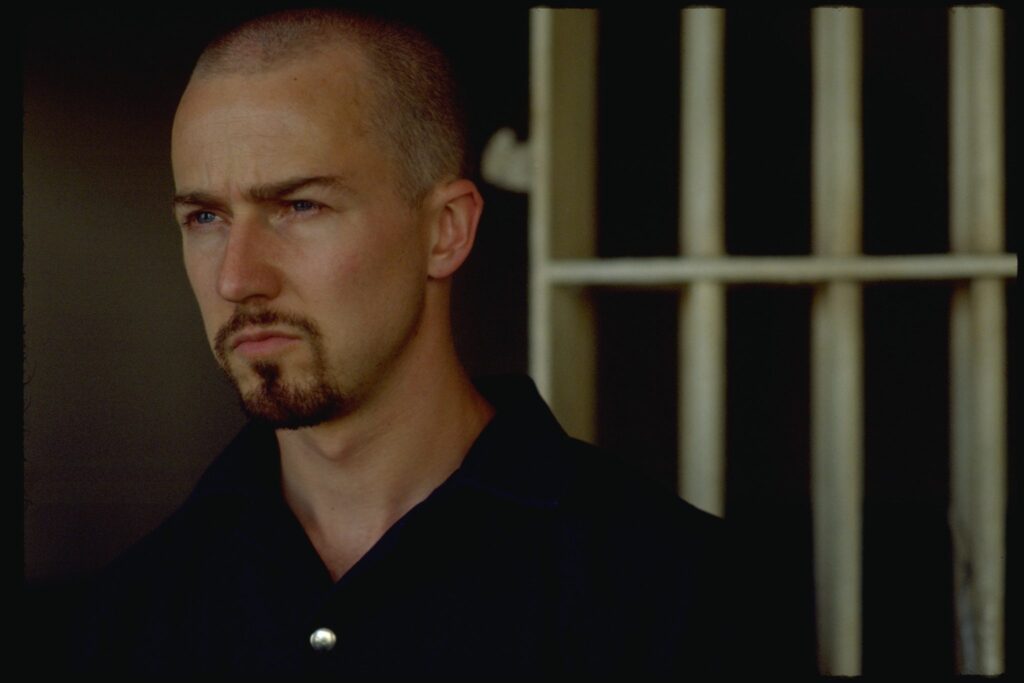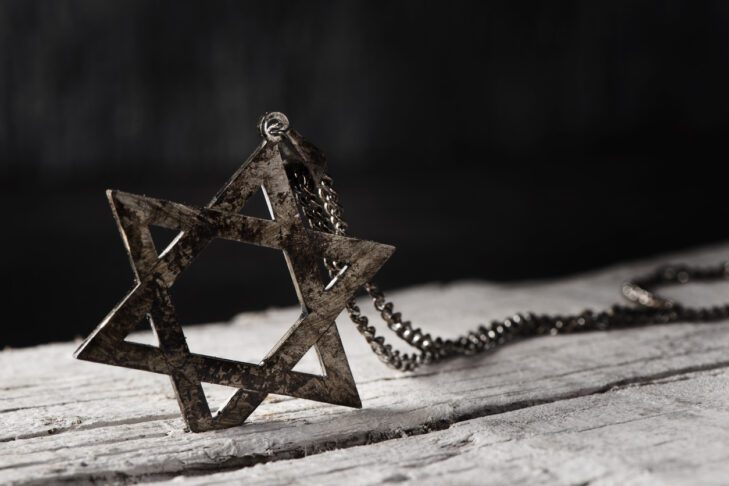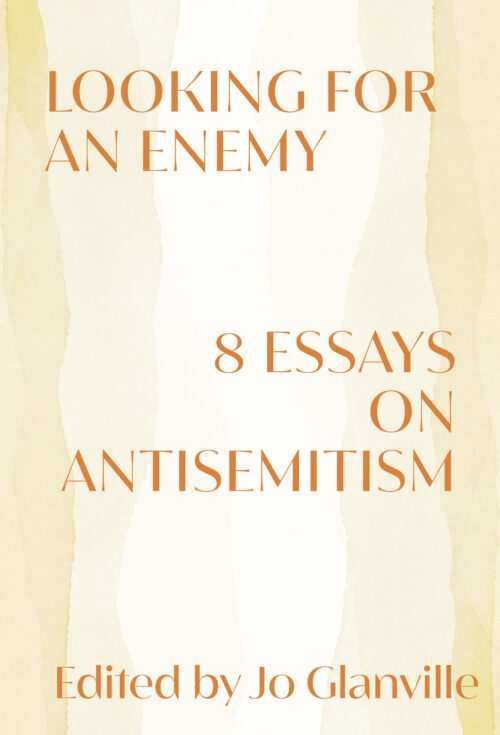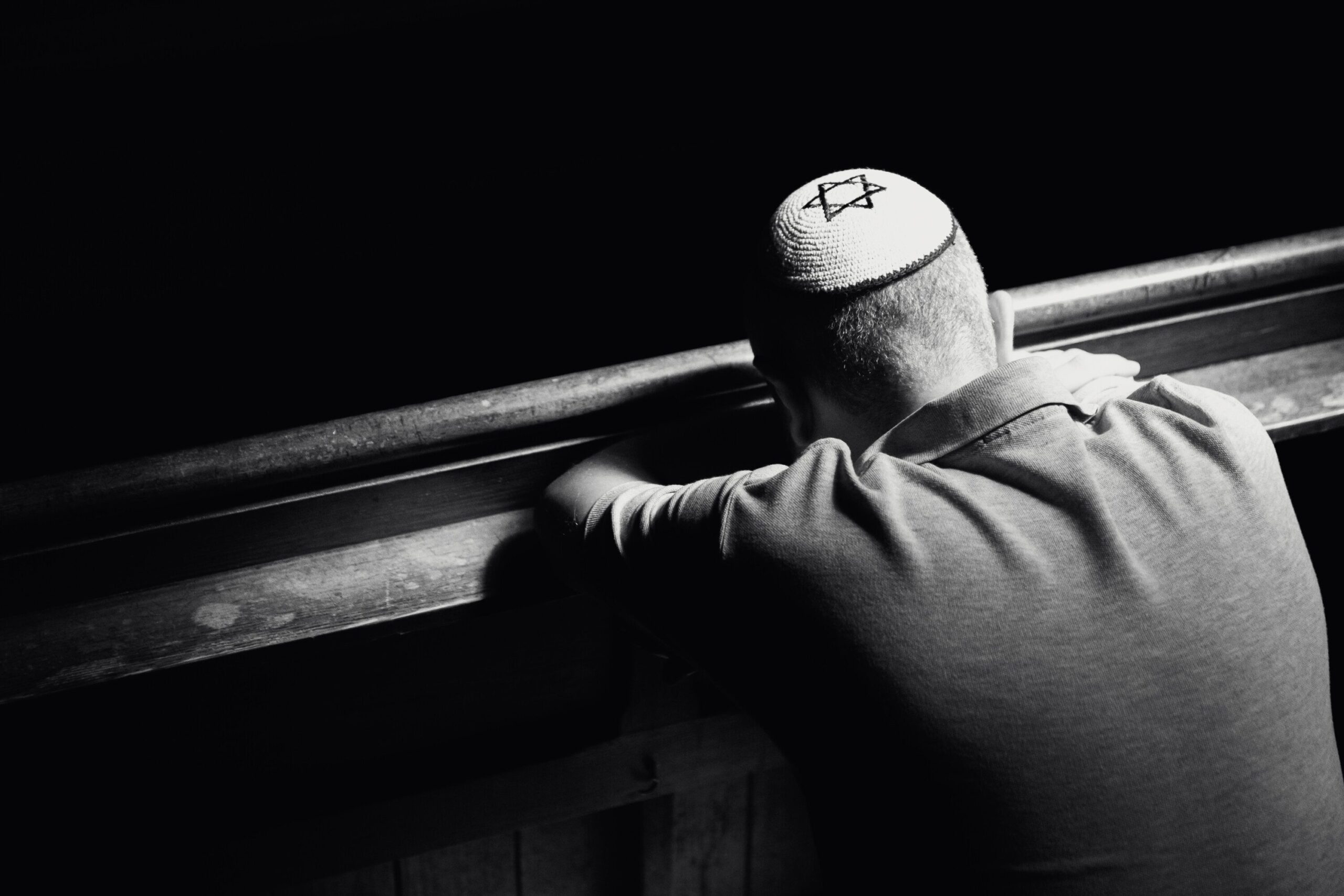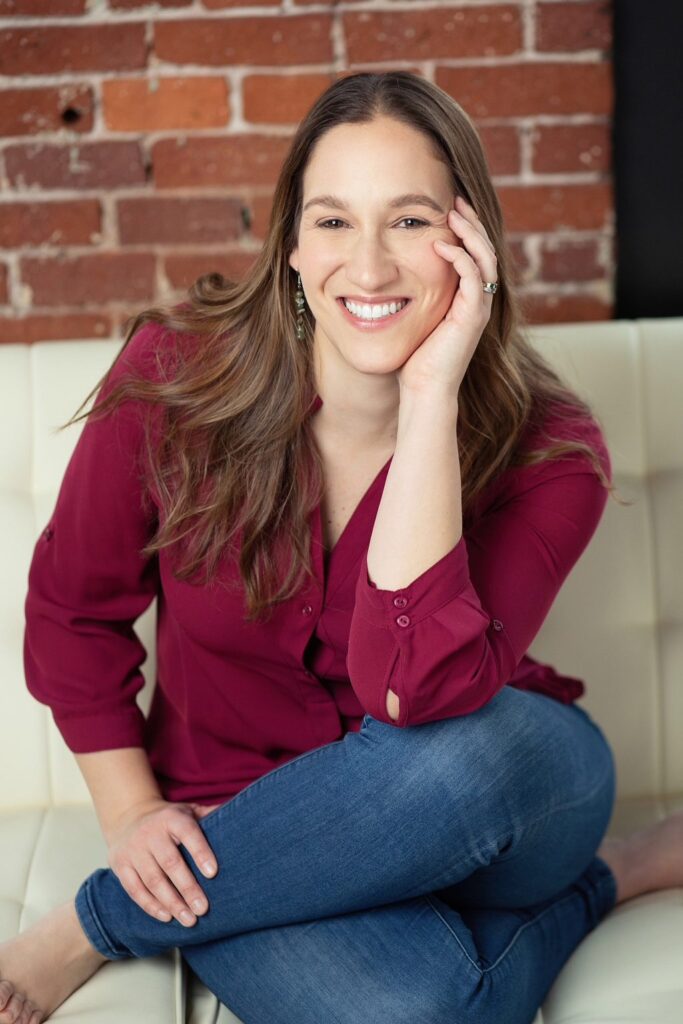By Kara Baskin
In March 2023, I asked teen Jewish leaders to discuss antisemitism: how it affects them, how they address it and their hopes for the future. They were passionate, articulate—and hopeful.
Teddy Friedman attends Gann Academy in Waltham. He has been a Peer Engagement Fellow with the Jewish Teen Initiative, and now he’s a co-chair of the Lappin Foundation’s Teen Antisemitism Task Force and a junior intern at the USC Shoah Foundation.
Gabriella Lipsitch is a Diller Teen Fellow and attends the Cambridge School of Weston.
Talia Ofek goes to Lexington High School and is a StandWithUs Kenneth Leventhal High School Intern.
Arielle Mogolesko goes to Marblehead High School. She’s a co-chair of the Lappin Foundation’s Teen Antisemitism Task Force, a Jewish Teen Initiative Peer Leadership Fellow and a StandWithUs Kenneth Leventhal High School Intern.
Ileana Tsatskis and Emma (last name withheld for privacy) co-lead the Jewish Cultural Club at Beaver Country Day School in Chestnut Hill and are part of the JCRC Student to Student Program.
How have you seen antisemitism manifest in your teenage life? Do you have any personal experiences?
Arielle Mogolesko: Antisemitism is, unfortunately, very prevalent in our lives. Whether it be on TV, social media or even in front of our own eyes, it’s everywhere. Almost every time a video is posted online of people celebrating their Judaism, it’s commonly met with a barrage of antisemitic and anti-Zionist comments. An issue with social media is that it gives an open and anonymous platform for people to spread hateful rhetoric. I’ve had encounters with antisemitic rhetoric being posted online as well as friends making jokes about either the Jewish people, Israel or the Holocaust. It’s sickening to hear our heritage and story being made fun of and/or blatantly skewed.
Talia Ofek: The Chabad in the next town over from me was targeted by arson. Fortunately, they were able to stop the fire in time, so no one was hurt. There was minor damage. I’d been to that Chabad several times.
Ileana Tsatskis: I’ve seen hate symbols drawn in school bathrooms. That’s the only way that I’ve publicly seen it. But I’ve heard of many stories from friends and fellow Jewish teenagers in my community.
How do you urge your friends and peers to address antisemitism when they see or witness it?
Mogolesko: The first step in combating antisemitism is education. We’ll repeat that message time and time again, as it’s truly the basis for making any improvement in this time of increasing hate. When one is educated, one will not only be equipped with facts and possible statements to counter the rhetoric but also will be informed of the many resources out there to help. It doesn’t have to fall on one person to combat antisemitism, but rather the whole Jewish community and allies who are willing and able to support each other. Personally, Teddy [Friedman] and I urge our friends to call it out; to say the joke was not funny, to explain why it was not funny and to report it to a trusted adult who can then report it to organizations such as Lappin Foundation, StandWithUs and the Anti-Defamation League.
Ofek: Reporting it. If it’s online, taking pictures and notifying someone. But definitely I think education is the best way to change someone’s attitude or behavior.
Gabriella Lipsitch: I’ll repost something on my Instagram story if it says something that hasn’t been said before or made me think in a different way or if it could make someone else think in a different way. For example, when Kanye [West] said all of that stuff, everyone was posting: “This is bad. Kanye said this.” And it’s like, yes, that is very important for people to know. I don’t feel like I personally need to say the exact same thing. But if I see a different perspective, then I would repost it on my Instagram story or talk about it to my friends.
Tsatskis: Speak up as soon as you can. Talk to a trusted adult or anyone in your life who you feel comfortable talking about it with and address the situation right away. Also, I think it’s really important to speak to your friends and the people you surround yourself with on a day-to-day basis, not only to inform them about antisemitism. Speak to them on what to do if they hear it or how to stand up for a friend if it happens to them. I think it’s really important for everybody to know how to combat it and how to deal with it because it’s a very real thing.
What gives you hope in the face of growing antisemitism?
Teddy Friedman: I have hope that, through our and many others’ work, we will make a change in generations to come. I hope that living proudly and sharing our stories with others will encourage more people to become educated about the hatred faced by the Jewish people. I believe that getting involved and taking one step further toward personal growth will have lasting impact on the generations to come.
Ofek: Jewish communities are very strong, and there are many organizations out there like StandWithUs that are fighting against it and trying to educate. There’s a new law in Massachusetts making it a requirement to teach about genocide in schools, which is just crazy that it wasn’t even a law beforehand. But little things like that give me hope. I’m also bringing in a Holocaust survivor at the end of this month to speak to my entire school. My principal, the social studies department head and my teachers have been so supportive. Even though they don’t personally identify with the event, they still see the value in educating about it.
Lipsitch: I’m queer. There are so many attacks on Jews, and there are so many attacks on queer youth right now. In the legal and political sense, I’m more worried that I won’t be able to get married or that my friends won’t be able to get the health care they need. I’m looking for hope in policy and in public opinion around queer issues, and around feminism and things like that. I think there are a lot of people who hold unconsciously antisemitic views. What gives me hope is that a lot of the antisemitism we see is unconscious and is about something you were taught. I feel like there are a lot of people who would reconsider their beliefs or think harder about something they said or did if a Jew or a non-Jew also called them out and said, “Have you ever thought about why you think this?”
Tsatskis: Young kids like Emma [Shub] and me are starting clubs to raise awareness, and kids who are not even part of the Jewish community are joining. We’re finding allies. As more people start to be aware of the ongoing problems, and as teenagers are starting to take action, it gives me hope for the future.
How do you express your Jewish pride in your everyday life? Has that behavior changed because of rising antisemitism in your communities?
Friedman: I see the rising antisemitism as a call to action. It is more than ever important to embrace our Judaism and live as proud Jewish people. It’s of utmost importance that we show how proud we are to be Jewish at a time when people are trying to suppress our identity. I show Jewish pride by outwardly supporting Israel and other Jewish organizations. I use social media as a platform to post about exciting Jewish events happening as well as highlight Jewish athletes and their accomplishments.
Emma: I’m a very vocal advocate for the Jewish community at my school. I don’t shy away from the opportunity to run Jewish initiatives. Within my own community, I take all opportunities before me to engage with others. When the Mapping Project came out last spring, and it directly affected my family, I made sure to educate my other Jewish and non-Jewish peers on the issue so everyone could remain alert and aware of what was going on. In my opinion, it’s crucial that all students continue to have conversations about antisemitism and understand that it’s not an issue of race. Rather, it’s an issue of preventing history from repeating itself.
Ofek: I wear Jewish jewelry. I don’t really shy away from talking about my Jewish faith at school around my friends. I go to a Reform synagogue in my town each week. I attend overnight camp. But it’s definitely something that I find myself being cautious about if I’m around new people.
Lipsitch: The fellowship I’m part of is a big part of it. If Jewish issues come up in conversation, or if it makes sense to say, “Oh, yes, this Jewish thing,” or, “I’m Jewish,” then I’ll say it and I’m not ashamed. I never was ashamed, but I never much paid attention until now.
Tsatskis: I express my Jewish pride by having a club at my school with Emma. It’s a huge leap of faith to start a club at a school and to share your voice as a group of people. Expressing that and providing a safe community to people has been a huge success of the club. It’s turned into a place where a lot of Jewish students from our community have been able to come and speak to each other and know that they’re accepted and that everything they’re going to say is valid.
Kara Baskin is the parenting writer for JewishBoston.com. She is also a regular contributor to The Boston Globe and a contributing editor at Boston Magazine. She has worked for New York Magazine and The New Republic, and helped to launch the now-defunct Jewish Rock and Roll Hall of Fame. Email her at kara@jewishboston.com.
 Share your story
Share your story 
